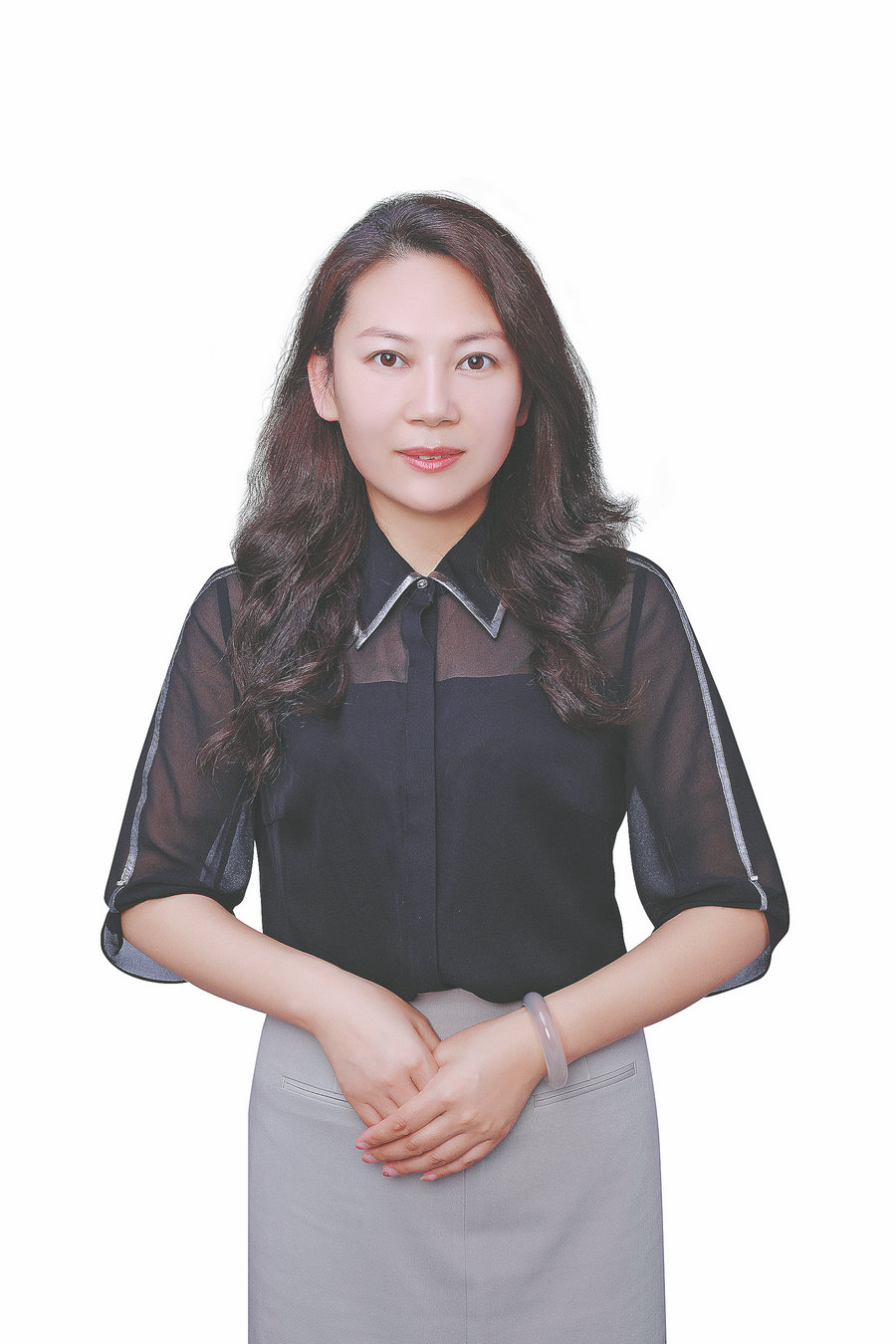

Improving awareness
Since the country's first reported autism diagnosis in 1982, public awareness of the condition has increased. In 1993, Star and Rain, reported to be the country's first specialized nongovernmental autism rehabilitation center, was founded by Tian Huiping, the mother of a son with autism. By the end of 2020, there were 2,681 such organizations registered across the country, according to statistics from the China Disabled Persons' Federation.
Despite the proliferation of such schools, there are still not enough to meet the demand. By the end of 2020, there were about 100,000 autism rehabilitation therapists, industry data shows.
At Wang's center, there are students who come from all over Inner Mongolia.
The good news is that there are promising developments on the governmental level. Autism care was included in the 12th Five-Year Plan (2011-15), the first time it was mentioned in the government's blueprint for social and economic development.
In September, the National Health Commission issued an experimental guideline for autism screening among children aged 6 and under to more effectively identify those with the condition and provide them with the necessary services. It requires health authorities to test the psychological and behavioral development of every child 11 times before the age of 6.
The subsidies given to the families of children with autism vary. In Beijing, the local government gives subsidies of up to 3,600 yuan per month, in Tianjin, however, it is no more than 2,000 yuan.
"Although the money is far from enough, the subsidies can help ease the financial burden on the families of my students," Wang says.
In 2018, she was elected as a deputy to the 13th National People's Congress and called for a raise in the subsidies and for greater understanding and care within society for children with autism.
Having been devoted to autism rehabilitation for 13 years, and because the condition affects how people interact with others and the world around them throughout their lives, Wang thinks it is time to go a step further by helping people with autism integrate into society and get jobs.
"It is an issue largely ignored by society, but a great concern for parents of children with autism. The question is, when the parents grow old, how do their children live?" Wang explains, adding that employing people with autism needs continual involvement of stakeholders, including individuals with autism, families, communities and governments.
According to The Lancet, research on autism in adulthood in general is scarce and research on older adults with the condition is almost nonexistent. The journal concludes that future research, which tests interventions to promote achievable independence for adolescents and adults with autism, is needed, focusing on outcomes such as employment, meaningful and generalizable social skills, improvement of common co-occurring mental health conditions, broader functioning and well-being.
"Many people with autism can learn skills, such as how to bake, make coffee and wash cars. With the appropriate services and support, they can develop a career," she says.